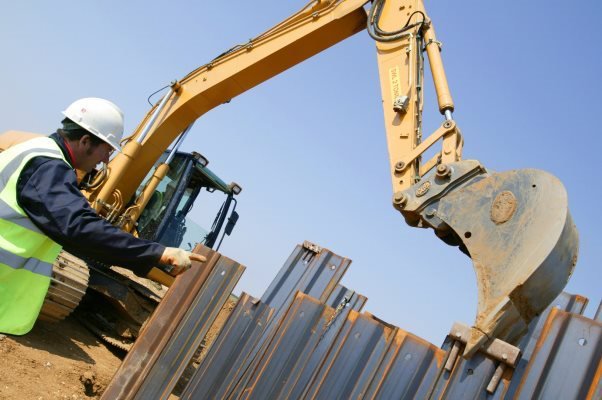The construction industry will have to recruit and train an extra 320,000 people if it is to hit the target set by the government of a 68% reduction in CO2 emissions by 2030 and be carbon neutral by 2050.
That is the view of the Construction Industry Training Board (CITB) in Building Skills for Net Zero.
It estimates that by 2028 additional decarbonisation work will have created a demand for 86,000 construction project managers, 33,000 building envelope specialists and 59,000 plumbers and heat and ventilation contractors.
CITB strategy and policy director Steve Radley says: "Net-zero presents a huge challenge for construction but an even greater opportunity to create a more productive industry that's also a more attractive career option."
CITB believes Covid and the expected continued rise in unemployment as this year progresses offers construction the chance to position itself as a career destination of choice for those who want to make a difference.
Steve Radley says it is important to have a ‘joined-up' approach across the built environment on what skills are needed and organising the right courses and qualifications to deliver them.
"Government also has a key role in specifying what it wants and creating the pipeline of demand that will give industry the confidence to invest in the skills we need and for providers to invest in the courses we need to deliver these skills."
Chris Carr , the Managing Director Carr & Carr Builders, says the skills challenge around net-zero is huge but that the CITB had shown how it could be done. "A big part of it will be upskilling the current workforce so they understand what sustainable building is all about."
The Federation of Master Builders, FMB, says local builders should be at the heart of meeting the skills and training needs. Chief Executive Brian Berry: "There is an urgent need for the government to take action ahead of COP26 and commit to a long-term energy efficiency retrofit strategy that is backed by public investment to provide confidence to both builders and householders.
"Only then will we create the demand for training and upskilling that is needed to bring in new entrants and unlock the workforce of the future."
The FMB has been calling for a cut in VAT from 20% to 5% on home improvements to make the 9million existing least energy efficient homes more energy efficient. It believes over five years this could generate an extra 345,000 jobs in construction and the wider economy.
Financiers Hank Zarihs Associates says development and refurbishment finance lenders agree that a tax cut would stimulate demand for home improvements to increase energy efficiency.

